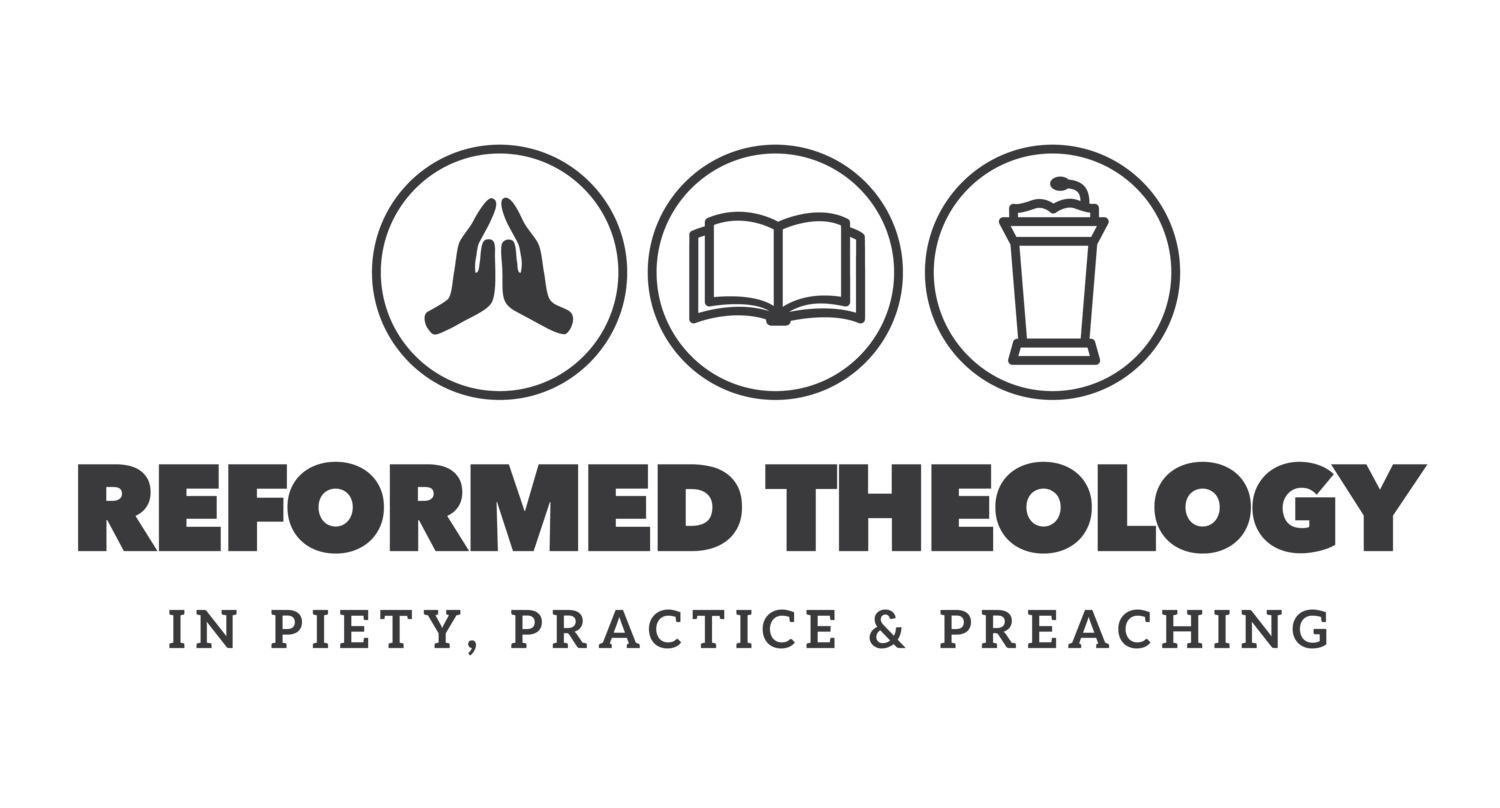So where should you go to get a PhD? In previous posts I’ve been circling this question by addressing the subjects of whether you should pursue a PhD and how to prepare for a PhD. So if you’ve prayerfully considered these questions and now want to know where you want to study, what should you do next? Well, there are several ways to approach this question. First, what discipline do you want to study? History, Biblical Studies, Theology, or Practical Theology? Answering this question will typically narrow your choices. Second, you should figure out whether you want to study here in the States or abroad in Europe. Third, you need seriously to consider whether you want to study at a seminary or a university.
First, what discipline do you want to study? If you want to study New or Old Testament or Theology, you will likely end up at very different schools. Not all schools excel in every theological discipline. Some schools do better in biblical studies, while others excel in theological studies. On this note, sometimes you may look for an excellent department, but it might be one with few noteworthy scholars. On the other hand, another way to choose a school is identifying an excellent scholar in your field of interest. I think few would think of attending the University of Arizona to study history or the University of California San Diego to study Old Testament. Why would you go to these schools? Because before they died, Heiko Oberman, a premier medieval church historian and David Noel Freedman, a world-renowned Old Testament scholar, taught at these institutions respectively. So, determine your discipline and then figure out who has the best program in your field, either by departmental or individual scholarly reputation.
Second, do you want to study abroad or here in the States? European PhD programs are a bit different than their stateside companions. In the States you typically sit for language qualifying exams, perhaps entrance exams for the program, and then take two years of seminars before you begin to write your dissertation. In Europe, you usually begin working on your dissertation from day one. There are pros and cons to both systems. A U.S. school will help broaden your horizons—you will become a generalist in your field, and have a solid grasp of the big issues. In Europe you will train to become a specialist right away. If you write on 1 Corinthians 10:1-4, then you will likely be one of the few people that know much about these four verses in the Bible but not have a broader knowledge of New Testament studies as you would coming out of a stateside program. In theory, as a generalist, you later specialize, and as a specialist, you have hopefully learned the necessary skills to be a good researcher, which means you can apply your skills to broader fields of study outside of your field of specialization. Personally, I did not want to take seminars and have someone give me reading assignments. One school I was looking at had a yearlong seminar on the eschatology of the church fathers (at the time, I was not in the least bit interested in spending a year studying this subject). It would have been drudgery for me. I was much more interested in doing my own research and digging into primary sources of my own liking. That was one reason why I chose to go to the U.K. for graduate school.
Third, you need to decide whether you want to study at a seminary or university. Some seminaries have PhD programs and they strive to do excellent work. But you need to find out how the seminary’s graduates place. All seminaries and American universities are supposed to keep placement statistics. In other words, when their students graduate, what percentage of them get jobs in their chosen field? Ask this question of any institution that you’re considering. It’s a huge investment of your time, money, and frankly, your life. Before you enroll and sign on the bottom line, ask, “Where have your graduates placed?” They should be able to give you information on this. If a school doesn’t have a high placement rate, then you should probably consider attending another institution. Of, if they can’t tell you, this may be a sign to look elsewhere.
These are the three major considerations when looking to get a PhD. Prayerfully consider these things, obtain program catalogs, study the schools, and most importantly, get in touch with these schools and express your interest in attending. Write to the department chair or even the scholar with whom you hope to study. Establish a relationship. Don’t shoot them an e-mail, a tweet, or a Facebook message—write a letter on real paper and put it through the snail mail. This will stand out in comparison with the other more mundane forms of communication. Get your applications filled out, and then see what happens!
